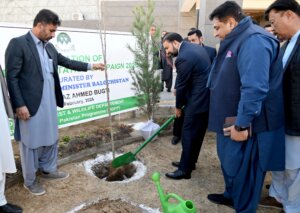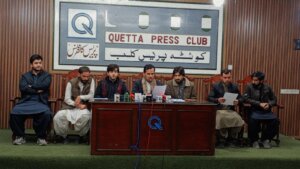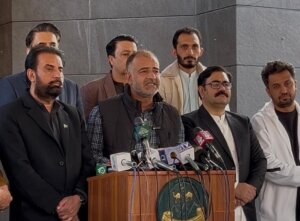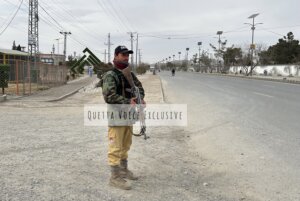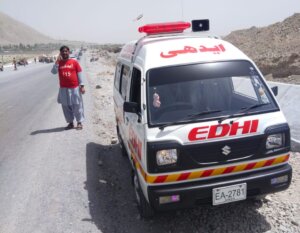Riaz Baloch:
Mashki Chah, Balochistan:
A primary school inauguration ceremony at the Mashki Chah village in Chagai district of Balochistan was hosted by the Reko Diq Mining Company (RDMC). This education project at Mashki Chah was invested in by RDMC at the recommendation of the project’s Par-e-Koh Community Development Committee (CDC). The Par-e-Koh CDC comprises stakeholders from nearby villages such as Humai, Mashki Chah, Nok Chah and Durban Chah.
32 children enrolled in the new school
The newly inaugurated primary school with an enrolment of 32 children, of which 14 are girls, will serve the entire population of Mashki Chah, a small village in Tehsil Nokkundi. Earlier this year the primary school at Humai, also part of the RDMC social development portfolio, started functioning with an enrolment of 69 students.
The Mashki Chah school was constructed by RDMC and will be run by a third party with oversight from the RDMC management. Currently interviews to hire female teachers are being conducted by the company. RDMC operates in Pakistan as a subsidiary of Barrick Gold Corporation and shares Barrick’s commitment to sustainable development.
Benefits of Reko Diq should reach people of Chaghi
RDMC country manager, Ali Ehsan Rind said at the occasion: “Being the second primary school inaugurated by the company in district Chagai, this is another example of how the new Reko Diq agreement ensures that benefits from the project start accruing to the people of Chagai well in advance of commercial operations starting. We are all proud to play our role as part of the Par-e-Koh CDC and invest in projects that can deliver benefit to our local communities.”
Reko Diq will be a multi-generational mine with a life of at least 40 years. During peak construction the project is expected to employ 7,500 people and once in production it will create 4,000 long-term jobs. Barrick’s policy of prioritizing local employment and suppliers will have a positive impact on the local economy. The company plans to finish the Reko Diq feasibility study update by the end of 2024, with 2028 targeted for first production from the giant copper-gold mine in the country’s Balochistan province.

